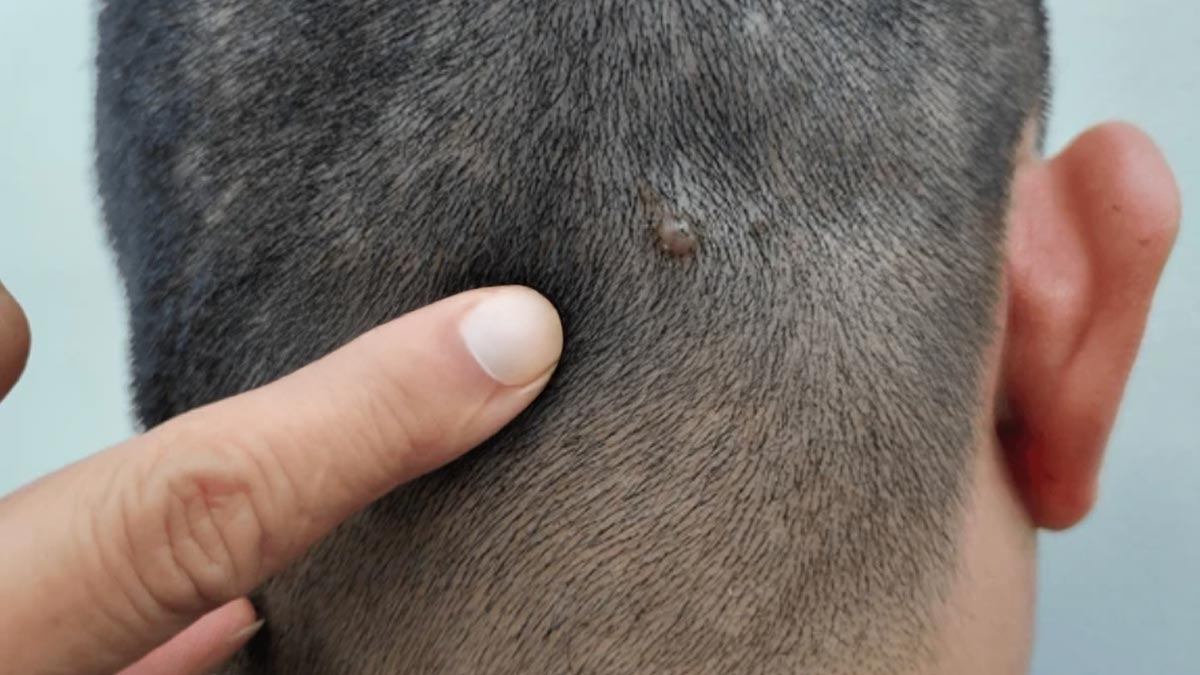Simple Healthy Habits To Start In Your 30s To Boost Reproductive Health
Your 30s are a busy time! Career, family, and social life often take center stage. But it's also a fantastic time to think about your long-term health, including your ability to have children down the road. The good news? Making small, healthy habits now can make a big difference for your reproductive health in the years to come. You don't need to make huge, overwhelming changes. Here are some simple things you can start doing today!
Think of your body as a garden. To grow healthy plants (aka healthy reproductive cells!), you need good soil and nutrients. Focus on eating a balanced diet with plenty of:
Add one extra serving of vegetables to your dinner each night. Swap white bread for whole-wheat.
Regular exercise isn't just good for your waistline; it's also great for your reproductive system. It helps:
Aim for at least 30 minutes of moderate-intensity exercise most days of the week. This could be a brisk walk, a bike ride,or dancing to your favorite music.
Sleep is when your body repairs and recharges. Not getting enough sleep can disrupt your hormones, which can impact ovulation and sperm production.
Aim for 7-9 hours of quality sleep each night. Create a relaxing bedtime routine to wind down before sleep.
Life in your 30s can be stressful! Finding healthy ways to cope with stress is crucial for your overall well-being, including your reproductive health.
Explore stress-reducing activities like yoga, meditation, deep breathing exercises, spending time in nature, or pursuing hobbies you enjoy.
Certain substances can negatively affect your reproductive health:
If you smoke, talk to your doctor about resources to help you quit. Be mindful of your alcohol and caffeine intake.
Pay attention to your menstrual cycle (if you have one). Irregular periods can sometimes be a sign of underlying issues that could affect fertility. For men, be aware of any changes in testicular health.
Track your menstrual cycle. If you notice significant changes or have concerns, talk to your doctor. Men should perform regular self-exams of their testicles.
Regular check-ups with your doctor are essential for overall health. Don't hesitate to discuss any concerns you have about your reproductive health. They can provide personalized advice and guidance.
Try this: Schedule your annual check-up and be open and honest with your doctor about your health and any questions you have.
You don't have to overhaul your entire life overnight. By incorporating these simple, healthy habits into your routine, you can significantly boost your reproductive health and set yourself up for a healthier future. Remember, consistency is key, and every positive change you make counts!












